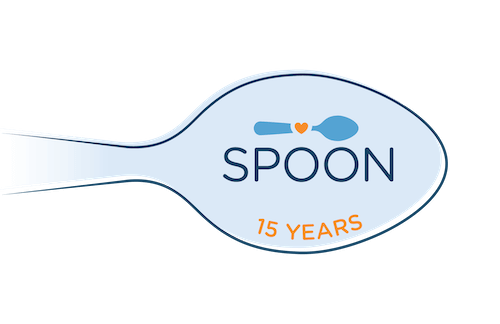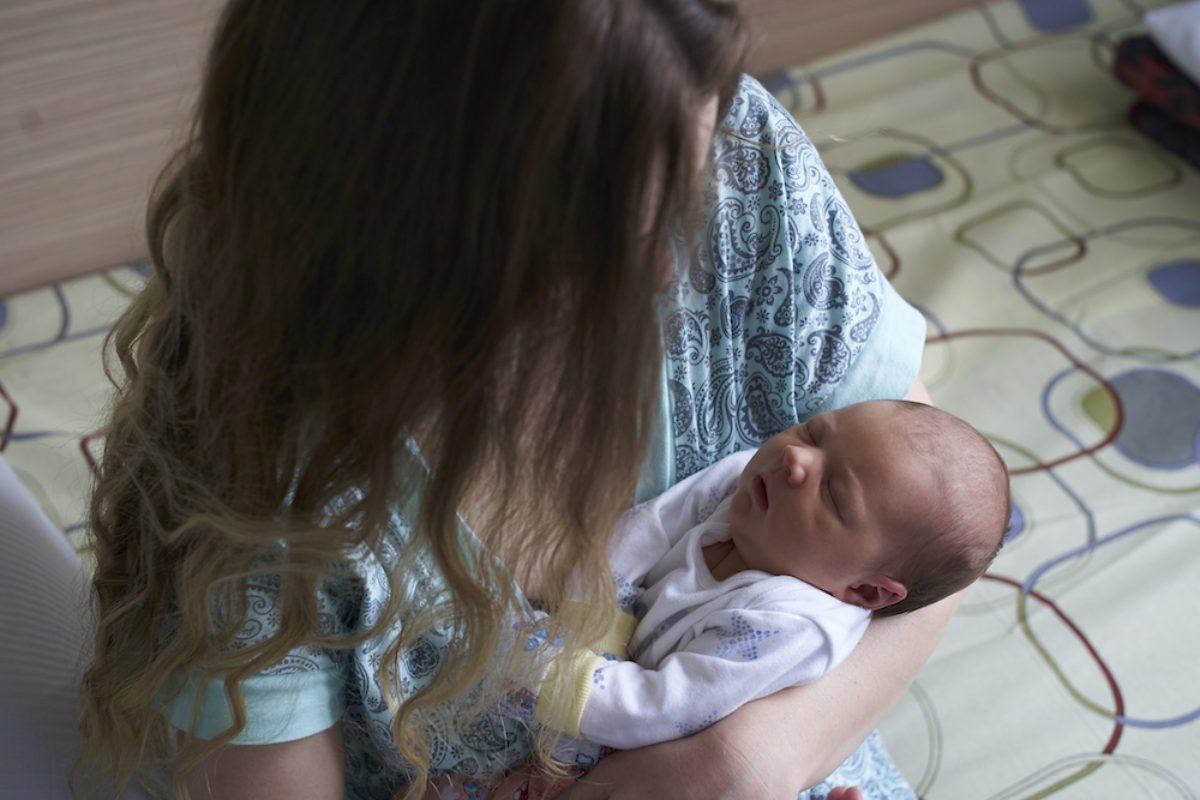This September, SPOON wrapped up our remote training on feeding and nutrition for children in Belarus.
Training Reach
A total of 96 participated in the training, representing staff from the country’s 40 early intervention centers, which provide services to children under three years of age who have developmental delays, and 8 baby homes (residential institutions). Collectively, those trained contribute to the care of about 4,200 children each year. Our partner, UNICEF-Belarus, distributed certificates to those who successfully passed the final exam.
“The knowledge and skills in feeding therapy gained during the SPOON nutrition training are applied when working with patients in our center, as well as in preparing recommendations for organizing meals for children with special needs living in children’s homes.”
Dr. Zhanna Bezler
Vice Head, Belarusian Clinical Center of Palliative Care for Children, Minsk
From Knowledge to Practice
The training concluded with an introduction to our digital health app, Count Me In, which helps users implement topics and techniques from our training in their daily routines. We will continue working with UNICEF in Belarus to integrate Count Me In into the standard of care for children seeking services from early intervention centers and for those in baby homes. With the disruptions caused by the COVID-19 pandemic, early intervention centers have been moving towards online counseling of families; Count Me In’s screening for, and guidance on, feeding difficulties will be particularly relevant there.
From Practice to Policy
SPOON provided UNICEF with recommendations for amending the national nutrition and feeding standards and guidelines for young children with disabilities and with children living in baby homes. Our top recommendations for policy action are to:
• Include nutrition and feeding in the official mandate of early intervention services
• Integrate nutrition and feeding services into the flow of care at each early intervention center
• Provide guidance to develop and follow individualized nutrition and feeding plans for children with disabilities in baby homes
• Include nutrition and feeding as part of in-service training and/or pre-service curricula at early intervention centers and baby homes
• Use a standard and systematic method of assessment and documentation of children’s care plans over time


